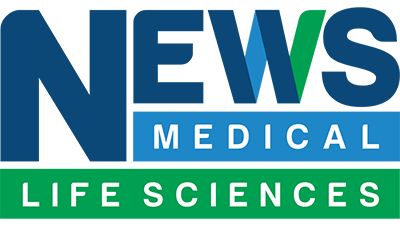
|
|
|
| |

|
|
| |
The latest digital pathology & histology news from AZoNetwork |
|
|
|
| |  | | | 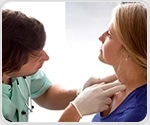 Skipping sentinel lymph node biopsy (SLNB) in patients with clinically node-negative, hormonal receptor (HR)-positive, HER2-negative early-stage breast cancer did not compromise regional control or survival after a median five years of follow-up, according to results from the BOOG 2013-08 phase III clinical trial, presented at the San Antonio Breast Cancer Symposium (SABCS), held December 9-12, 2025. Skipping sentinel lymph node biopsy (SLNB) in patients with clinically node-negative, hormonal receptor (HR)-positive, HER2-negative early-stage breast cancer did not compromise regional control or survival after a median five years of follow-up, according to results from the BOOG 2013-08 phase III clinical trial, presented at the San Antonio Breast Cancer Symposium (SABCS), held December 9-12, 2025. | | | | | 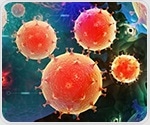 Scientists have long known that bacteria come in many shapes and sizes, but understanding what those differences mean has remained a major challenge, especially for species that can't be grown in the lab. Now, a new study led by Nina Wale, an Assistant Professor in MSU's Department of Microbiology, Genetics, & Immunology, introduces a groundbreaking method that could change how researchers study bacterial diversity. Scientists have long known that bacteria come in many shapes and sizes, but understanding what those differences mean has remained a major challenge, especially for species that can't be grown in the lab. Now, a new study led by Nina Wale, an Assistant Professor in MSU's Department of Microbiology, Genetics, & Immunology, introduces a groundbreaking method that could change how researchers study bacterial diversity. | | | | | 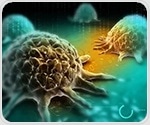 In Brazil, the early detection of genetic alterations in lung cancer through liquid biopsies could be a valuable tool for expediting diagnoses and guiding patient treatment. In Brazil, the early detection of genetic alterations in lung cancer through liquid biopsies could be a valuable tool for expediting diagnoses and guiding patient treatment. | | | | | 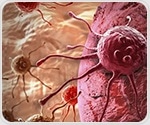 Liquid biopsy is increasingly recognized as a promising tool for cancer detection and treatment monitoring, yet its effectiveness is often limited by the extremely low levels of tumor-derived DNA circulating in the blood. Liquid biopsy is increasingly recognized as a promising tool for cancer detection and treatment monitoring, yet its effectiveness is often limited by the extremely low levels of tumor-derived DNA circulating in the blood. | | | | | 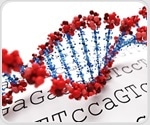 Scientists have long known that bacteria come in many shapes and sizes, but understanding what those differences mean has remained a major challenge, especially for species that can't be grown in the lab. Scientists have long known that bacteria come in many shapes and sizes, but understanding what those differences mean has remained a major challenge, especially for species that can't be grown in the lab. | | | | | 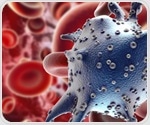 An artificial intelligence (AI) model created by integrating clinical, molecular, and histopathological data significantly improved recurrence risk stratification in hormone receptor (HR)-positive, HER2-negative breast cancer, according to results presented at the San Antonio Breast Cancer Symposium (SABCS), held December 9-12, 2025. An artificial intelligence (AI) model created by integrating clinical, molecular, and histopathological data significantly improved recurrence risk stratification in hormone receptor (HR)-positive, HER2-negative breast cancer, according to results presented at the San Antonio Breast Cancer Symposium (SABCS), held December 9-12, 2025. | | | | | 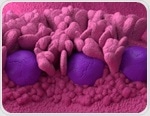 Human intestinal M cells function as dendritic cell-like antigen-presenting cells, displaying constitutive MHC-II activity and specialized machinery for processing gluten. Their ability to deamidate and present gliadin peptides positions them as key initiators of immune responses relevant to coeliac disease. Human intestinal M cells function as dendritic cell-like antigen-presenting cells, displaying constitutive MHC-II activity and specialized machinery for processing gluten. Their ability to deamidate and present gliadin peptides positions them as key initiators of immune responses relevant to coeliac disease. | |
|
|
| | | How would you rate today's newsletter?
| |
|
|
| | |
 |
Stay updated with the latest in health and medical news! Follow News‑Medical.net on Google News for real‑time updates. Click here to follow us now. |
| |
|
|
|
|
|
|
|